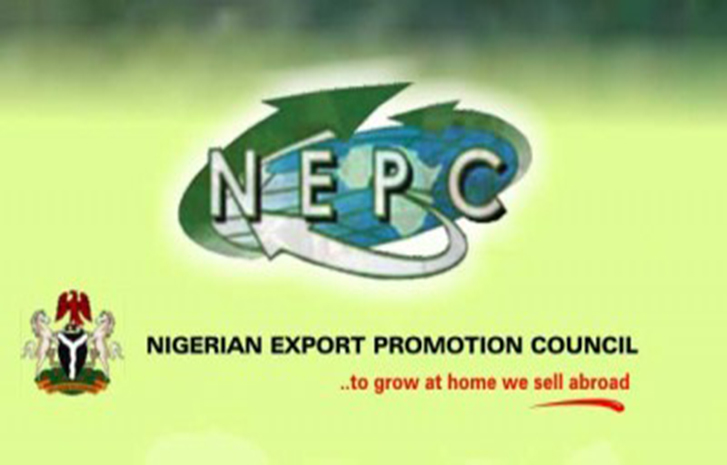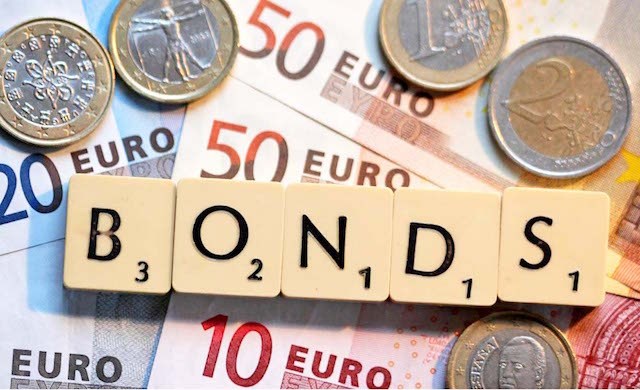The Nigerian Export Promotion Council (NEPC) has revealed that the value of Nigeria’s non-oil export revenue experienced a marginal decrease to $4.5 billion in 2023, marking a 6.3% decline from the $4.8 billion recorded in 2022. This figure also falls short of the council’s $5 billion target for the year.
Nonye Ayeni, the Executive Director of the NEPC, disclosed these figures during a media briefing on the 2023 performance report of the non-oil export sector. Despite the drop in revenue, Ayeni highlighted a positive note, noting an increase in the volume of metric tonnes of non-oil products exported, reaching 6.7 million in the business year.
“In 2022, there was a $4.8 billion in terms of value. And in 2023, there was a marginal decline to $4.5 billion. But we got an increase in the volume of export. In 2023, we had 6.68 million metric tons of manufactured, semi-processed, solid minerals to agricultural commodities,” she stated.
Ayeni attributed the decline in non-oil export revenue to various factors, including a weak exchange rate, a surge in informal trade, political instability in neighboring countries, and export rejections. She emphasized ongoing efforts to address export rejects and mentioned the impact of political issues and economic recession in neighboring West African countries.
“The reasons for the decline are not far-fetched. They include export rejects, which we are already working on. We talked about the election and the new government that came in. Also, political issues in neighboring countries like Niger Republic. A lot of our products go to the West African countries, and we see what’s happening in terms of political issues, instability among the neighboring countries, and generally economic recession, and then exchange rate,” Ayeni explained.
Addressing the surge in informal trade, Ayeni affirmed the NEPC’s commitment to formalize such trades for effective revenue collection. She noted that although there is a substantial increase in volume, the decline in revenue is influenced by informal trade, which the NEPC is actively working to formalize.
Ayeni shared that 273 different products were exported, with urea, cocoa beans, sesame seed, soya beans/meal, cashew nuts/kernels, aluminum ingots, and hibiscus flower topping the list. She also expressed optimism about doubling earnings from Nigeria’s non-oil exports for economic growth and diversification, emphasizing the NEPC’s commitment to collaboration with stakeholders for this purpose.















